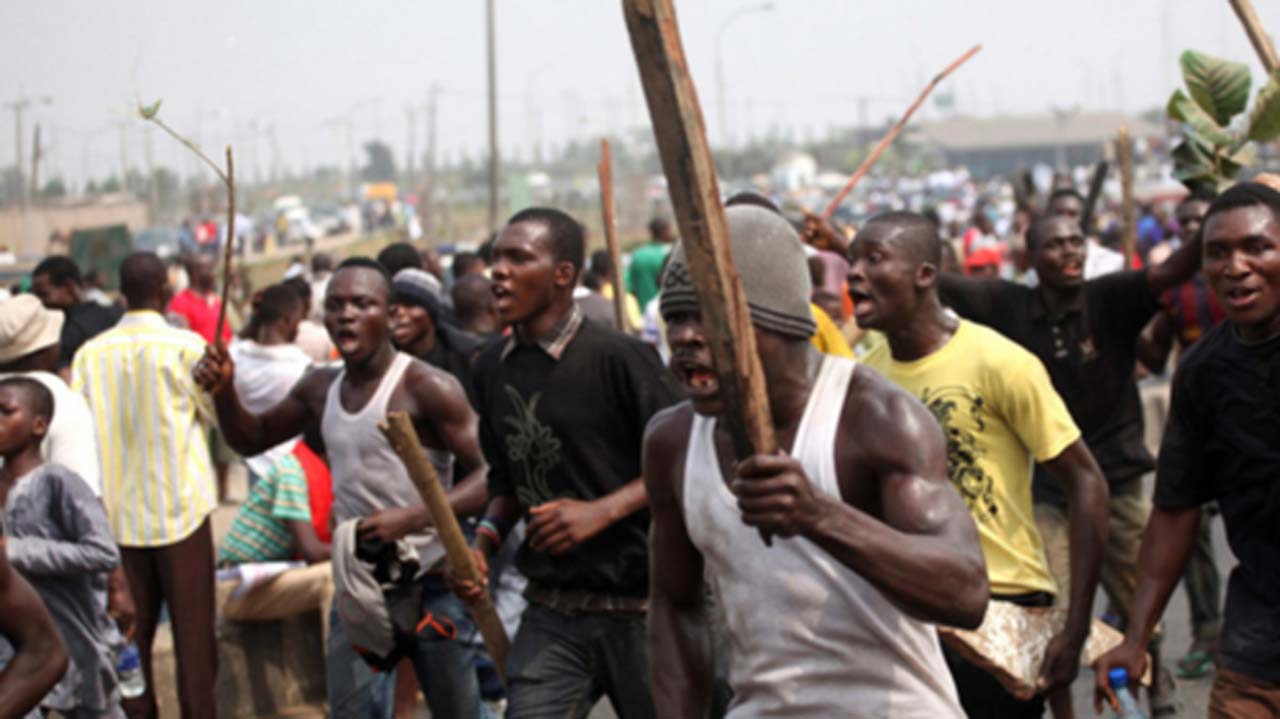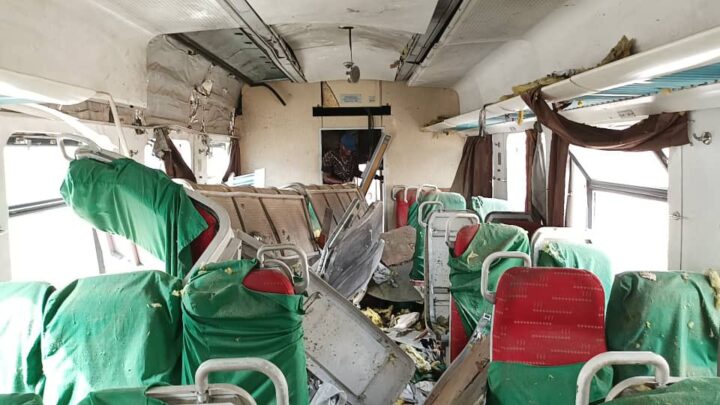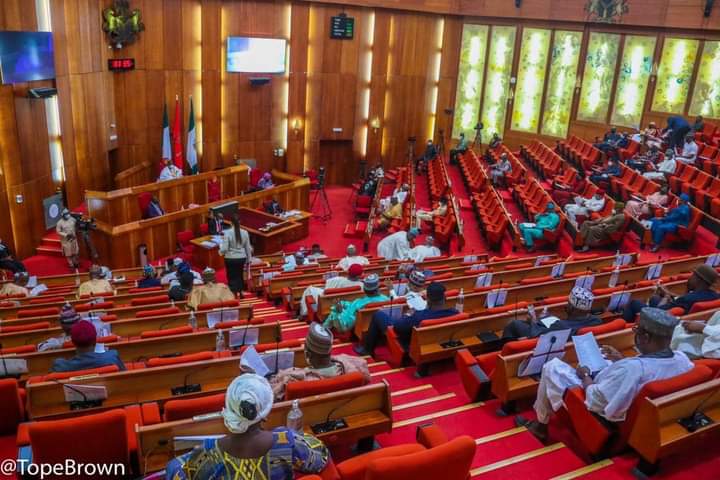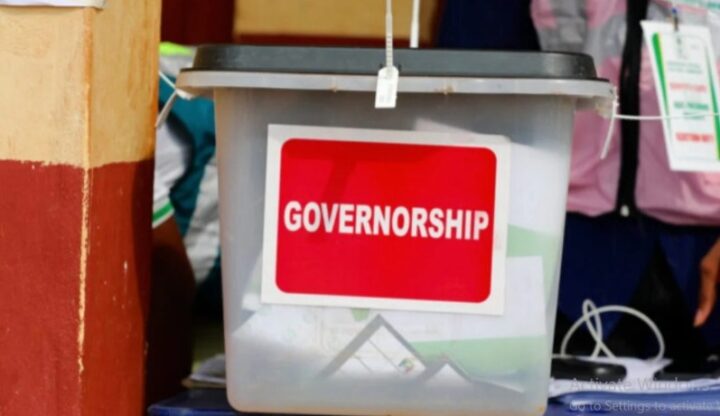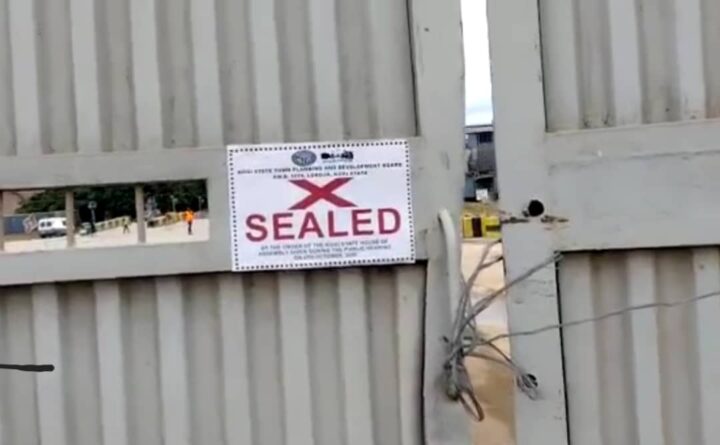On October 5, 2012, a barbaric incident happened in Aluu, a community in Obio-Akpor LGA of Rivers state – four students of the University of Port Harcourt (UNIPORT) were stripped naked, beaten and lynched over an alleged robbery incident. The incident was another sad tale of Nigeria’s trend of jungle justice. Today makes it 10 years since the dark event took place.
The deceased students were Lloyd Toku-Mike, 19; Tekena Friday Elkanah, 20; Ugonna Kelechi Obuzor, 18; and Chidiala Loroson Biringa, 20.
According to reports, the students were said to have visited the Aluu community on the day the incident happened in search of a debtor who owed one of them. The debtor was said to have raised an alarm that the students were robbers who came to steal his valuables.
As soon as the debtor raised the alarm, a mob pounced on the four students, paraded them on the street as thieves, and flogged them mercilessly before setting them ablaze – in what is referred to as a “mock trial”.
Advertisement
Video clips showing some sections of the incident appeared on social media, which sparked outrage.
Subsequently, the Rivers state police command arrested some suspects over their involvement in the lynching of the four students.
After five years of trial, on July 31, 2017, a federal high court in Rivers found three persons guilty of the murder of the four students.
Advertisement
Ledan Nyordee, the judge, sentenced those found guilty to death. Those convicted were Lucky Orji, a police sergeant; Ikechukwu Amadi and David Obada.
MORE NIGERIANS EXECUTED AS MOB JUSTICE FESTERS
Ten years after the infamous Aluu lynching, many Nigerians have been killed by mob action over allegations that were not proved in a court of competent jurisdiction.
According to a report by SB Morgen (SBM) Intelligence, at least 391 persons were killed by mobs across several states in Nigeria between 2019 and May 2022.
Advertisement
Based on the period under review, 391 persons were killed in 279 recorded incidents of jungle justice.
In the report, the southern part of the country “proved deadlier” than the north in terms of mob justice as 223 deaths were recorded in the former, while the latter recorded 168 deaths.
In terms of frequency, the south recorded 197 incidents out of the 279 incidents recorded in the period under review.
Recently, some parts of the country have recorded cases of mob justice.
Advertisement
On May 11, two men were burnt to death by a mob at the Ijesha axis of Lagos over alleged theft of mobile phones.
Hours later, Deborah Emmanuel, a female student of Shehu Shagari College of Education, Sokoto state, was killed by a mob over alleged blasphemy.
Advertisement
Shortly afterwards, a sound engineer identified as David Imoh was lynched in the Lekki axis of Lagos state.
On May 13, a teenager accused of stealing a motorcycle was burnt to death by a mob in Auchi, Etsako west. Edo state.
Advertisement
On October 1, two unidentified men were incinerated by a mob at the Igando axis of Lagos state for allegedly robbing a POS attendant.
Twenty-four hours later, two herders were set ablaze by a mob over alleged link to banditry in Birnin Gwari LGA of Kaduna.
Advertisement
Just a few hours ago, some officers of the Lagos state police command rescued four men from a mob after they allegedly shoplifted in a supermarket in the Surulere area of the state.
SHOPLIFTING: POLICE RESCUE FOUR FROM MOB. ACTION
Police operatives attached to Surulere Division have rescued one Babatunde Ogunsemi ‘m’ aged 48, Olatunde Ayinde 'm' aged 50, Oludare Olusegun 'm' aged 49 and Sunday Ebifega 'm' aged 41 from a mob for allegedly shoplifting at pic.twitter.com/DN8hAcPhEu
— Lagos State Police Command (@LagosPoliceNG) October 4, 2022
A LONG WAY TO JUSTICE
Speaking with TheCable, Adeola Adeyemi, a legal practitioner, said people resort to jungle justice because they lack faith in the criminal justice system.
Adeyemi said the slow pace of the processes involved in getting justice in court forced many people to resort to mob justice.
She added that although the Nigerian justice system is bedeviled by many challenges, it is not enough for people to take laws into their hands
“Assault, lynching of people over an alleged crime by mob to effect justice is not acceptable by Nigerian laws,” she said.
“The question we need to ask ourselves is that — why are many Nigerians resorting to jungle justice? Many people believe that getting justice in Nigerian courts is unachievable hence they resort to jungle justice.
“There is also this negative perception of the criminal justice system that the system is corrupt, hence people think there is no need to go through the processes of getting justice in the court.”
Like the ALUU Four, many innocent Nigerians are still susceptible to jungle justice. But the citizens are looking forward to a strong judicial system that can curb the growing menace in the society.
